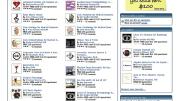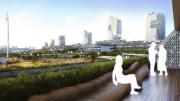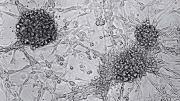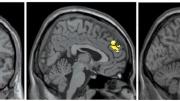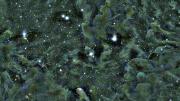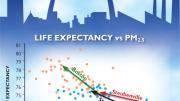Right Now
"Spaced education" improves learning
With “spaced education,” a surgeon offers a better way to learn.
Scrutinizing facial-recognition ability
“Super-recognizers” have an astonishing ability to identify faces.
Architecture that imitates life
Architects are beginning to employ biomimicry, studying nature as a model for building design.
by John Gendall
The Poor Payoff of Pleasure Postponed
Why a little self-indulgence makes sense.
Gamma-ray bursts reveal the oldest star yet discovered
A star more than 13 billion years old
Jefferson's Conundrum
Mathematician Lawren Smithline ’94 has decrypted an encoded message sent to Thomas Jefferson in 1801.
Virtual Tumors
Modeling tumors may help scientists beat cancer.
by Mike Martin
How Depression Lingers
After depression patients recover, their brains still process criticism differently.
Perseus in 3-D
New three-dimensional PDF technology allows Harvard astronomers—and you—to explore worlds hundreds of light-years away.
Clean Air, Longer Life
Controls on fine particle pollution extended average lifespan in the United States by five months between 1980 and 2000.

